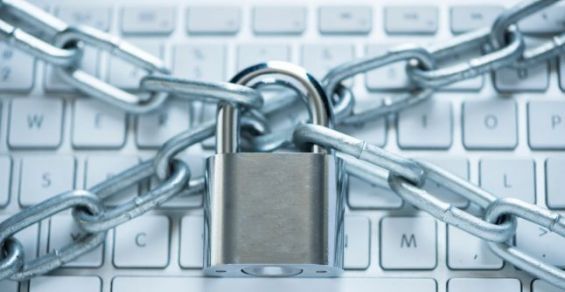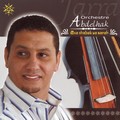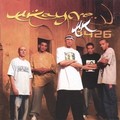When it comes to digital freedom, Morocco remains a «partially free» nation, according to the latest report released by Freedom House, a U.S.-based 501 U.S. Government-funded non-governmental organization that conducts research and advocacy on democracy, political freedom, and human rights. The 2017 edition of the Freedom on the net survey investigates internet freedom in 65 countries, between June 2016 and May 2017 based on three sub-indexes : Obstacles to Access, Limits on Content, Violations of Users Rights.
All countries received a score ranging from 1 to 100, those close to 1 are the freest and vice versa. On a global scale, China was ranked last for the third time in a row, preceded by Syria and Ethiopia. On the other hand, as in the previous editions, Estonia has topped the ranking, followed by Iceland and Canada.
The gap widening between the urban and rural spots
Morocco scored 45 points out of 100, dropping in the scale by one place compared to the 2016 edition. Located ahead of Lebanon and behind Ukraine, the kingdom is part of the «partially free» countries category.
The North African kingdom has scored 11 points out of 25 in the Obstacles to Access sub-index. Although accessing internet is becoming more available, there is a huge gap between the rural and urban areas, according to the survey. «Morocco’s regulator fails to enforce the principle of internet access as a public service by ordering the three telecom companies to invest more in rural areas», indicates the same report.
In terms of on the Limits on Content sub-index, Morocco obtained 10 points out of 35. The study points at an insidious device : «While websites are rarely blocked, authorities limit online content through a variety of nuanced mechanisms. Problematic press and anti-terrorism laws place high burdens on intermediaries and allow for the shutting down of online news sites. In addition, discriminatory allocation of advertising and the repeated prosecution of online news editors impedes the diversification of Morocco’s digital landscape».
As for Violations of Users Rights, Morocco scores 24 points out of 40. «Moroccan laws on criminal defamation and anti-terrorism continue to pose a threat to free speech. A new press code containing several positive elements was under consideration during the coverage period, and eventually passed in June. While the law eliminates jail time for the press, it includes steep fines and mandates the registration of online journalists, in a move that could bring them further under the authorities’ control», concludes the report.




 chargement...
chargement...











